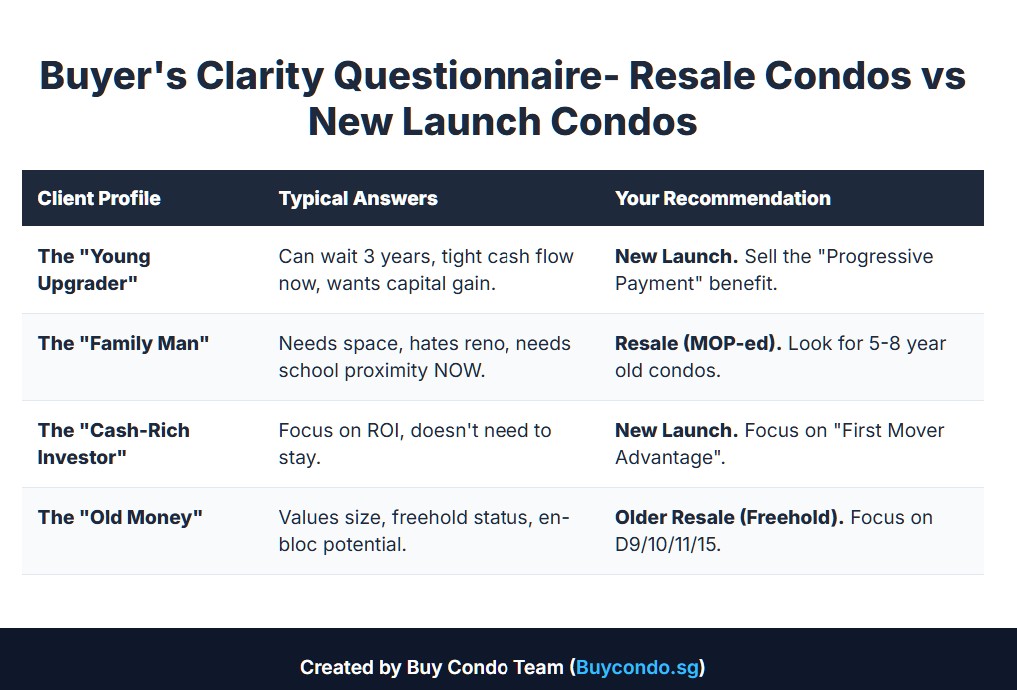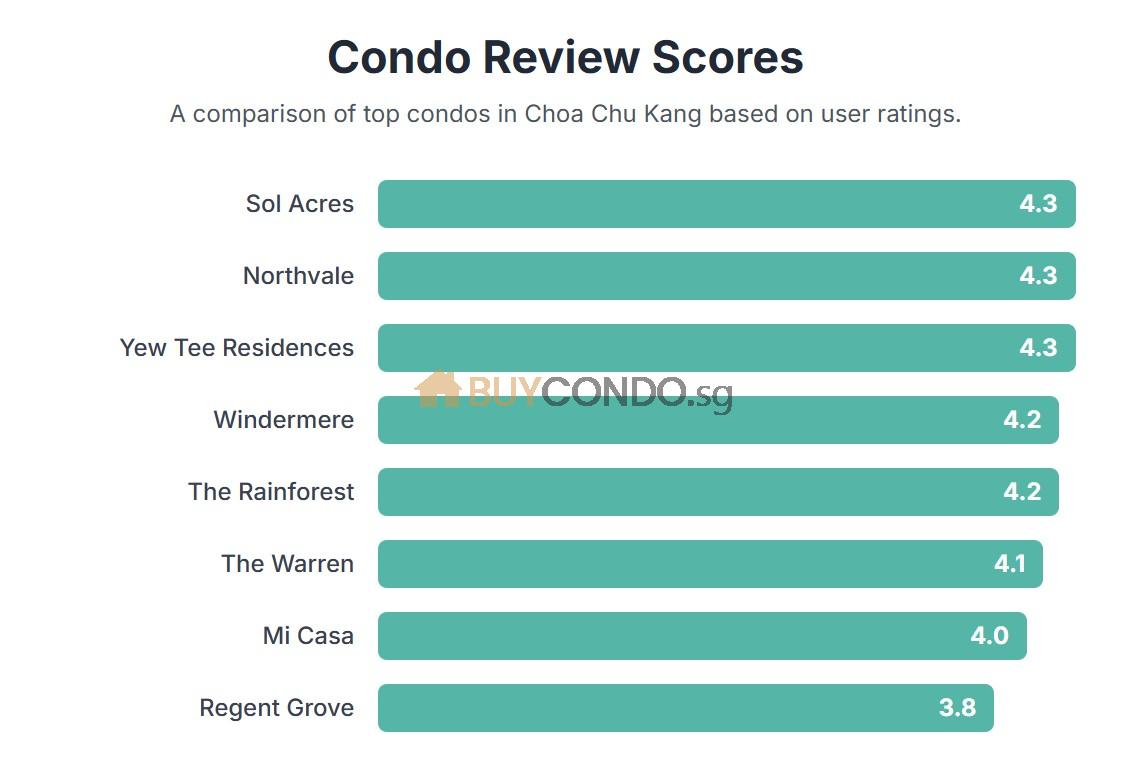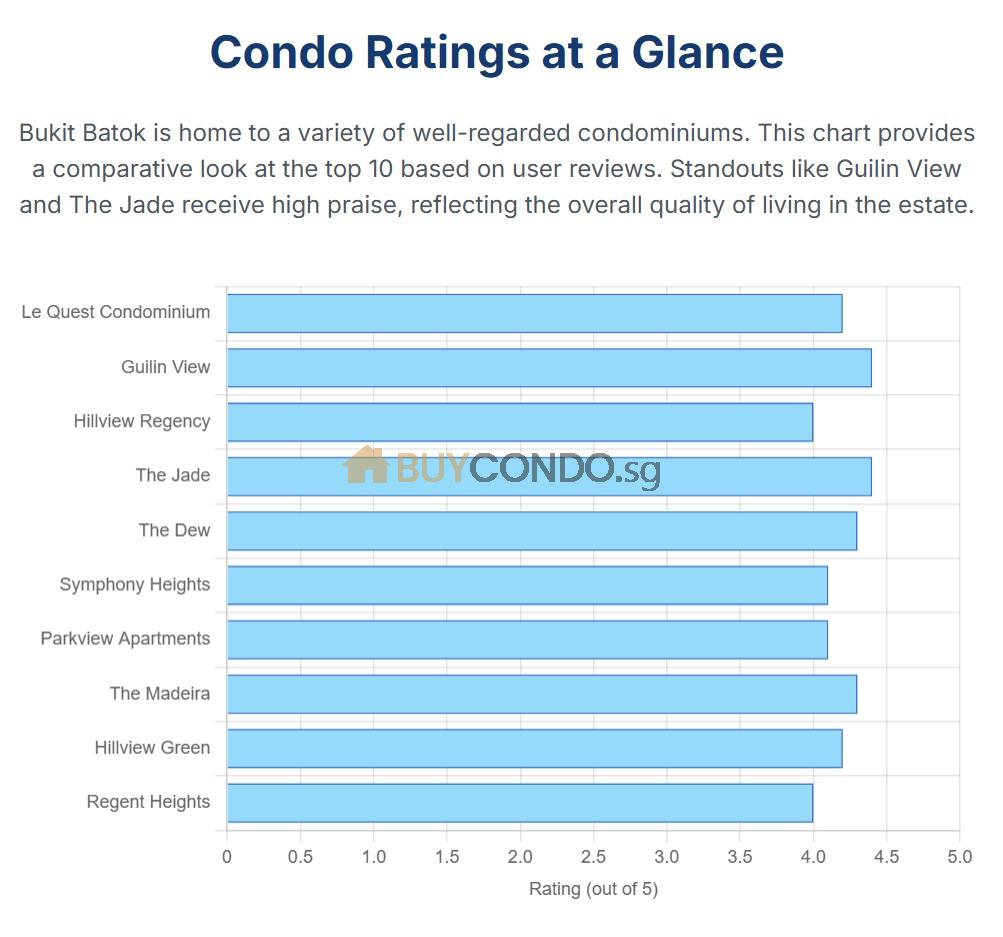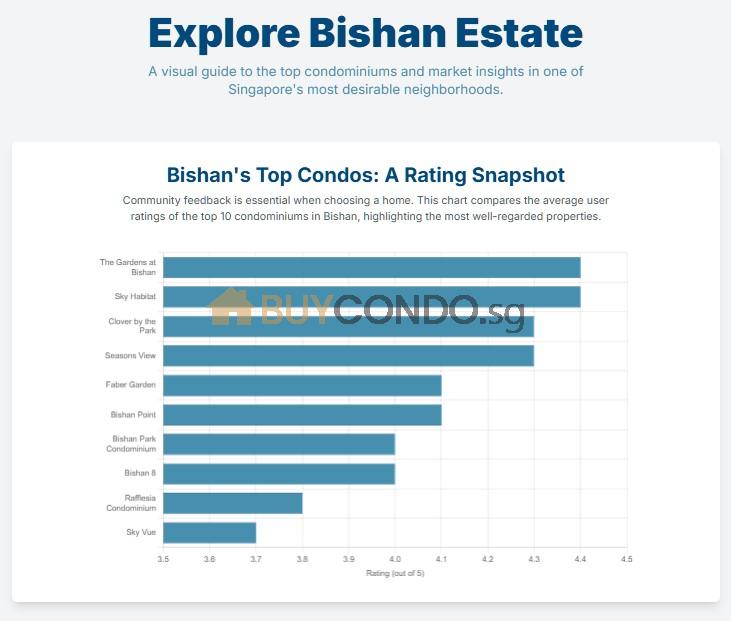Landlord and Tenant: Understanding Your Rights and Responsibilities
Understanding the Landlord-Tenant Relationship in Singapore
Overview of the Landlord-Tenant Relationship
A landlord-tenant relationship involves a property owner (the landlord) renting out their property to a tenant. This relationship is essentially a business agreement, but it also involves a high level of trust and understanding between both parties. It’s vital that landlords and tenants communicate effectively with each other from the very beginning of their relationship. This can help to alleviate any potential misunderstandings or disputes that could arise during the tenancy.
To illustrate, consider the scenario of John, a landlord who owns a condominium unit in Singapore. He decides to rent out the unit to Sarah, a tenant looking for a place to stay. Before Sarah moves in, they discuss the terms and conditions of the lease, including the duration of the tenancy, the rental price, and any restrictions on the use of the property. This open dialogue helps to create a solid foundation for their landlord-tenant relationship, ensuring that both parties are on the same page.
Moreover, the landlord-tenant relationship is not merely about exchanging rent for a place to live. It’s a complex relationship that involves abiding by specific regulations, adhering to the tenancy agreement terms, and maintaining a positive and respectful rapport. Both parties must recognize their rights and responsibilities to ensure a successful tenancy.
Rights and Responsibilities of Landlords
Landlords have particular rights and responsibilities when it comes to leasing their properties.They have the right to inspect their property before renting it out, ensuring it’s in a suitable condition for the tenant. They can also enforce the terms and conditions laid out in the tenancy agreement, set rental prices, and request security deposits. It’s essential for landlords to exercise these rights responsibly to maintain a positive and lawful landlord-tenant relationship.
In the scenario with John and Sarah, John conducts a thorough inspection of his condominium unit before Sarah moves in. He ensures that all the appliances are working correctly, the property is clean, and there are no safety hazards. This proactive approach not only guarantees that the property is suitable for Sarah but also demonstrates John’s commitment to maintaining a good landlord-tenant relationship.
In addition to these rights, landlords have various responsibilities. They must ensure the property is safe and livable, maintain essential services such as electricity and water, and address any maintenance issues promptly during the tenancy. Landlords are also responsible for paying property taxes and providing necessary documentation to the tenant, such as a copy of the tenancy agreement and receipts for rental payments.
In John’s case, he promptly addresses any maintenance issues that arise during Sarah’s tenancy. For instance, when Sarah informs John about a leak in the bathroom, he quickly arranges for a plumber to fix the problem. By fulfilling his responsibilities as a landlord, John ensures a comfortable living environment for Sarah and minimizes the risk of any disputes.
Rights and Responsibilities of Tenants
Tenants also have specific rights and responsibilities when renting a property.They have the right to privacy, peaceful enjoyment of the property, and the return of the security deposit at the end of the tenancy. These rights are crucial for tenants to enjoy a comfortable and secure living space. However, tenants must also respect the landlord’s property and abide by the terms of the tenancy agreement to maintain these rights.
In the example of John and Sarah, Sarah is diligent about paying her rent on time and informing John about any maintenance issues promptly. She respects the property and does not cause any unnecessary damage. Sarah’s responsible behavior ensures that she maintains a good relationship with John and can continue to enjoy her rights as a tenant.
In addition to these rights, tenants also have responsibilities. They are responsible for paying rent on time, keeping the property clean and tidy, and notifying the landlord of any maintenance or repair issues. They must also comply with the terms and conditions of the tenancy agreement, including restrictions on subletting the property or hosting parties without the landlord’s consent.
In our ongoing example, Sarah makes sure to abide by these responsibilities. She always pays her rent on time, keeps the condominium clean, and informs John about any necessary repairs or maintenance. By fulfilling her responsibilities as a tenant, Sarah contributes to a positive landlord-tenant relationship and ensures a smooth tenancy.
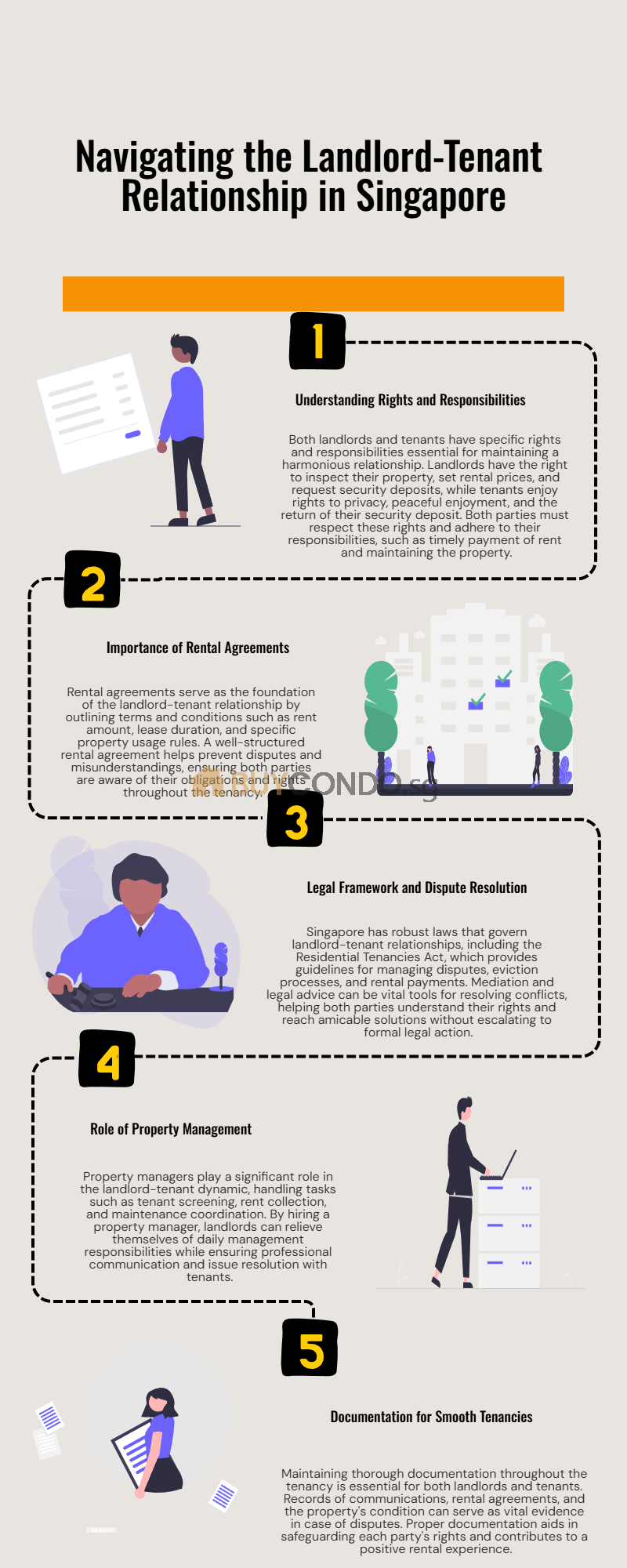
Understanding Singapore Rental Laws – Landlord and Tenant
Singapore has a robust legal framework governing landlord-tenant relationships. These laws provide guidelines and regulations to protect the rights and interests of both landlords and tenants. Adherence to these laws is not only mandatory but also crucial in ensuring a fair and lawful tenancy.
For instance, the Singapore Residential Tenancies Act sets out the rights and obligations of both landlords and tenants. This act covers a wide range of areas, including rental payment, termination of the tenancy, and the process for resolving disputes. By understanding these laws, landlords and tenants can better navigate the rental process and resolve any disputes that may arise.
Continuing with the example of John and Sarah, suppose a dispute arises over the return of the security deposit. Being aware of the relevant rental laws in Singapore, John knows that he must return the security deposit to Sarah within a specified timeframe, minus any deductions for damages. Sarah, also aware of these laws, understands her rights and expects the return of her security deposit. This mutual understanding of the law helps prevent any potential conflicts and ensures a fair resolution to the dispute.
However, understanding these laws can often be complex and challenging for both landlords and tenants. That’s where resources like Singapore Legal Advice can be incredibly beneficial. They provide comprehensive information on rental laws in Singapore, helping both landlords and tenants navigate the rental process with ease and confidence.
Importance of Rental Agreements
Rental agreements, also known as tenancy agreements, are legal contracts that outline the terms and conditions of the tenancy. They serve as the backbone of the landlord-tenant relationship, defining the rights and responsibilities of both parties. A well-drafted rental agreement can prevent disputes and misunderstandings, ensuring a smooth and successful tenancy.
Key clauses to include in a rental agreement cover areas such as the rental price, duration of the tenancy, security deposit amount, and specific terms for using the property. For instance, the agreement might include clauses on pet ownership, alterations to the property, and procedures for terminating the lease. It’s essential for both landlords and tenants to understand these terms and abide by them throughout the tenancy.
In the case of John and Sarah, they have a detailed rental agreement that clearly outlines the terms of their tenancy. This agreement includes clauses on the rental price, payment schedule, and restrictions on subletting the property. By understanding and agreeing to these terms, both John and Sarah can ensure a fair and successful tenancy.
However, drafting a comprehensive rental agreement can often be a complex process, requiring knowledge of rental laws and legal terminology. This is where resources such as Singapore Legal Advice come in handy. They offer valuable guides and resources on drafting rental agreements, helping landlords and tenants understand the key components of these contracts.
The Eviction Process in Singapore
Evicting a tenant is a complex process that involves specific legal procedures and regulations. Landlords cannot simply evict a tenant without valid reasons and proper legal procedures. Understanding the eviction process is crucial for both landlords and tenants to ensure a fair and lawful resolution to any serious disputes that may arise during the tenancy.
The eviction process in Singapore is governed by specific laws and regulations. These laws provide landlords with remedies if a tenant breaches the lease agreement, such as withholding rent or taking legal action. However, landlords must follow the proper legal procedures to evict a tenant, including serving a formal notice and obtaining a court order if necessary.
Let’s consider a scenario where John, the landlord, needs to evict Sarah due to consistent late rent payments. Instead of attempting to evict Sarah on his own, John follows the legal procedures for eviction. He serves Sarah with a formal notice, outlining the breach and providing her with a period to remedy the situation. If Sarah continues to default on her rent, John can then apply to the court for an eviction order. This ensures that the eviction process is conducted fairly and lawfully, protecting the rights of both parties.
Understanding the eviction process can often be challenging for landlords and tenants. Resources like Singapore Legal Advice provide comprehensive guides on the eviction process in Singapore, helping landlords and tenants understand their rights and responsibilities during this complex process.
Resolving Disputes: Mediation and Legal Advice
Disputes between landlords and tenants can often be stressful and challenging to navigate. However, mediation services and legal advice can play a significant role in resolving these disputes effectively and fairly. Mediation is a process where a neutral third party facilitates discussions between the landlord and tenant, helping them reach a mutually agreeable resolution.
In the case of John and Sarah, suppose they encounter a dispute regarding the condition of the property. They decide to engage a mediator to facilitate their discussions. The mediator helps them understand each other’s perspectives and work towards a resolution. This process not only resolves their dispute but also helps maintain a positive landlord-tenant relationship.
However, in some cases, mediation might not be sufficient to resolve a dispute. If the dispute involves complex legal issues or if one party is unwilling to compromise, it may be necessary to seek legal advice. Legal professionals can provide insights into the legal aspects of the dispute and guide their clients on the best course of action.
For instance, if John and Sarah’s dispute escalates and they can’t reach an agreement through mediation (Small Claims Tribunal), they may also wish to seek legal advice. A lawyer specializing in landlord-tenant disputes can provide them with legal guidance, helping them understand their rights and responsibilities under the law. This professional advice can help John and Sarah navigate their dispute more effectively and ensure a fair resolution.
Documentation in the Landlord-Tenant Relationship
Proper documentation is a critical aspect of the landlord-tenant relationship. Keeping accurate records can prevent misunderstandings and disputes, ensuring a smoother tenancy for both parties. Both landlords and tenants should ensure they maintain comprehensive records throughout the tenancy, including copies of the rental agreement, rent receipts, and any correspondence regarding the property.
For example, John, the landlord, should maintain records of all correspondence with Sarah, including any notices served, requests for repairs, and receipts of rent payments. On the other hand, Sarah should keep copies of her rental agreement, rent receipts, and any communication with John. These records can serve as valuable evidence in the event of a dispute, helping both parties reach a fair resolution.
Moreover, documentation can also include photographs or videos of the property at the start and end of the tenancy. These records can provide clear evidence of the property’s condition, helping to prevent disputes over damages or maintenance issues. For instance, John could take photos of his condominium unit before Sarah moves in and after she moves out. These photos can provide a clear record of the property’s condition, helping to resolve any potential disputes about damages.
Property Management in Landlord-Tenant Relationships
Property managers play a crucial role in managing rental properties and ensuring the rights and responsibilities of both landlords and tenants are upheld. They handle a wide range of tasks, including marketing the property, screening potential tenants, collecting rent, and coordinating maintenance and repairs.
In the case of John, he decides to hire a property manager to handle the day-to-day management of his rental property. The property manager takes on various tasks, freeing John from the hassle of managing the property himself. The property manager is also responsible for communicating with Sarah, ensuring that her concerns are addressed promptly and professionally.
However, hiring a property manager is not a decision to be taken lightly. Landlords should carefully consider the property manager’s experience, knowledge of relevant laws, and ability to communicate effectively with both landlords and tenants. A good property manager can help ensure a smooth and successful tenancy, benefiting both landlords and tenants.
Protecting Against Discrimination and Illegal Evictions
Landlords must treat all tenants fairly and without discrimination. The Residential Tenancies Act in Singapore prohibits landlords from discriminating against tenants based on race, religion, nationality, or other protected characteristics. It’s important for landlords to uphold these rights and treat all tenants with fairness and respect.
In addition, tenants have rights protecting them from illegal eviction. Landlords must follow the proper legal procedures for eviction and cannot forcibly remove a tenant without a valid reason and a court order. Understanding these rights can help tenants protect themselves from unfair treatment and unlawful eviction.
In the case of John and Sarah, John treats Sarah with fairness and respect throughout their tenancy. He does not discriminate against her based on any protected characteristics and follows the legal procedures for any necessary actions, such as serving notices or handling disputes. In return, Sarah respects John’s property and abides by the terms of the tenancy agreement. This mutual respect and understanding help foster a positive and inclusive landlord-tenant relationship.
Conclusion
The landlord-tenant relationship is a complex and multifaceted one, involving a balance of rights and responsibilities on both sides. Understanding these rights and responsibilities is crucial for a successful and harmonious relationship. Landlords and tenants must communicate effectively, adhere to the terms of their rental agreement, and respect each other’s rights to ensure a smooth and positive tenancy.
Moreover, understanding the legal framework governing rental relationships is paramount. By knowing the rental laws and regulations in Singapore, landlords and tenants can navigate the rental process with confidence and resolve any issues or disputes that may arise. Resources such as Singapore Legal Advice can provide invaluable information and assistance in this regard, helping landlords and tenants understand their rights and responsibilities.
Finally, maintaining proper documentation is key to preventing misunderstandings and resolving disputes. Both landlords and tenants should keep accurate records of all communication, rental payments, and the property’s condition. This documentation can provide a clear and comprehensive record of the tenancy, contributing to a smoother and more successful landlord-tenant relationship.
So, whether you’re a landlord renting out your property or a tenant looking for








